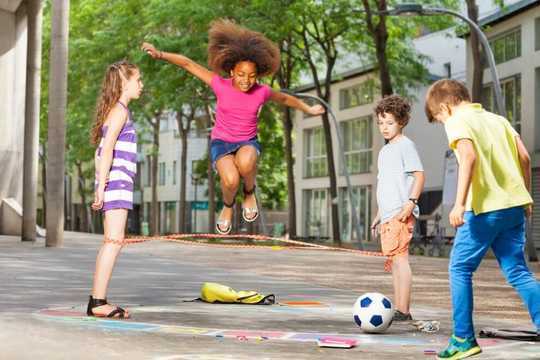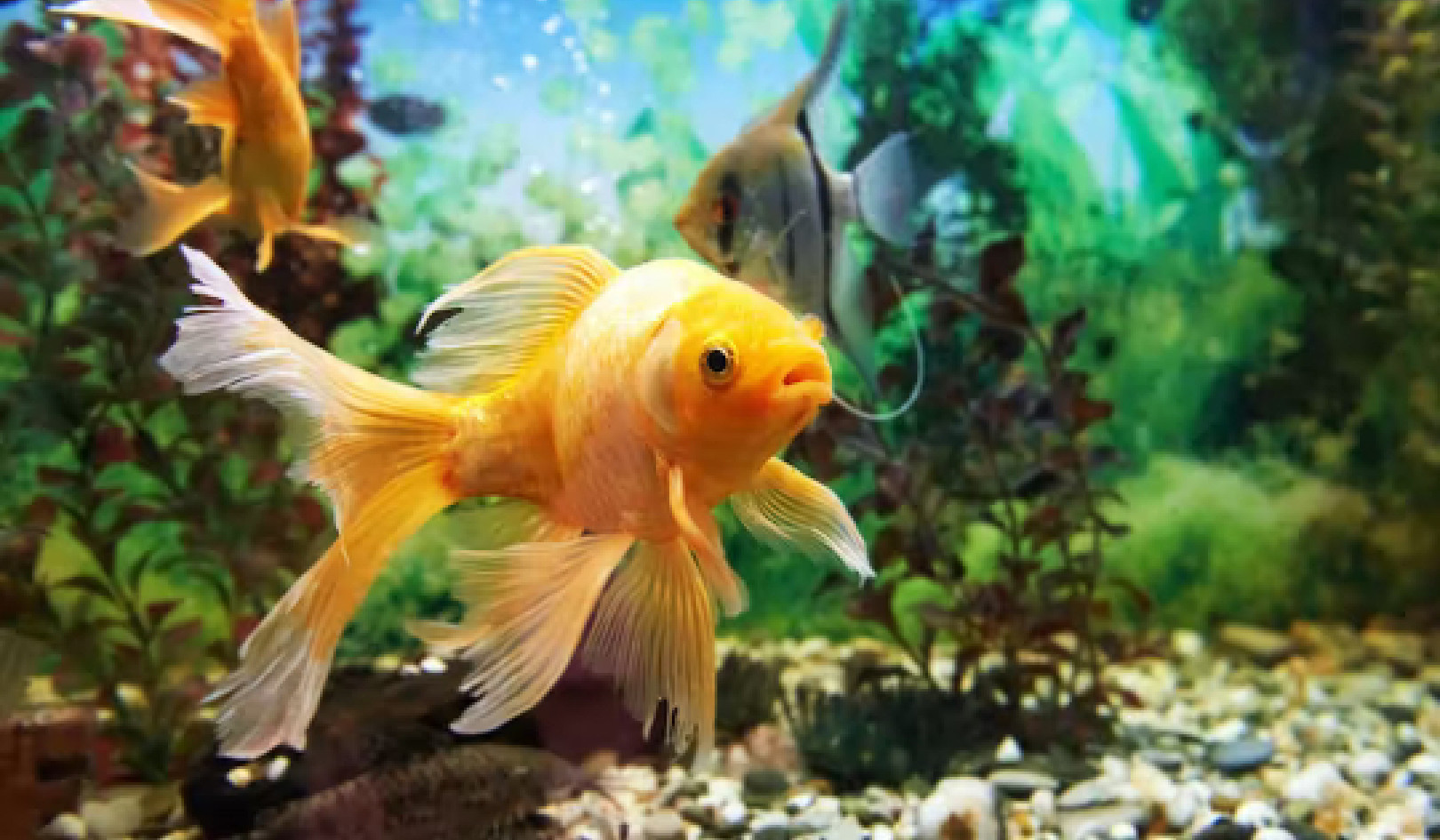
Moms in low-income neighborhoods say physical and social barriers in their neighborhoods discourage them from allowing their children to play outside, according to a new study.
The decline in outdoor play, particularly unsupervised or independent play among children and adolescents, can affect physical, emotional, and social development, the study finds.
Poor neighborhoods tend to have less access to quality green space, parks or playgrounds, and well-maintained sidewalks, according to the study, which appears in published in the International Journal of Environmental Research and Public Health.
“Neighborhood factors interrelate and differ in low- and high-disadvantage neighborhoods to influence parenting practices for outdoor play,” says first author Maura Kepper, research assistant professor at the Brown School at Washington University in St. Louis.
“Community-level interventions that target both physical and social environmental factors and are tailored to the neighborhood and population may be needed to reduce parental constrains on outdoor play, increase physical activity, and improve the health and well-being of developing youth,” she says.
Researchers interviewed the parents of adolescents in both low- and high-disadvantaged neighborhoods in Southeast Louisiana to identify factors that positively and negatively influence parenting decision for outdoor play.
Supervision, time of day, and location of play largely influenced parental decisions. Physical factors such as walkability were important, as were environmental factors such as crime.
Social cohesion in neighborhoods also influenced parental decisions. For example, mothers who saw other children playing outside in the neighborhood felt more comfortable letting their own kids outside to play.
“This work demonstrates the need for multifaceted and multilevel approaches that cross disciplines, organizations and cultures to promote outdoor play through change in parenting practices,” Kepper says.
About the Author
First author: Maura Kepper, research assistant professor at the Brown School at Washington University in St. Louis.

Related Books:
Here are 5 non-fiction books on parenting that are currently Best Sellers on Amazon.com:The Whole-Brain Child: 12 Revolutionary Strategies to Nurture Your Child's Developing Mind
by Daniel J. Siegel and Tina Payne Bryson
This book provides practical strategies for parents to help their children develop emotional intelligence, self-regulation, and resilience using insights from neuroscience.
Click for more info or to order
No-Drama Discipline: The Whole-Brain Way to Calm the Chaos and Nurture Your Child's Developing Mind
by Daniel J. Siegel and Tina Payne Bryson
The authors of The Whole-Brain Child offer guidance for parents to discipline their children in a way that promotes emotional regulation, problem-solving, and empathy.
Click for more info or to order
How to Talk So Kids Will Listen & Listen So Kids Will Talk
by Adele Faber and Elaine Mazlish
This classic book provides practical communication techniques for parents to connect with their children and foster cooperation and respect.
Click for more info or to order
The Montessori Toddler: A Parent's Guide to Raising a Curious and Responsible Human Being
by Simone Davies
This guide offers insights and strategies for parents to implement Montessori principles at home and foster their toddler's natural curiosity, independence, and love of learning.
Click for more info or to order
Peaceful Parent, Happy Kids: How to Stop Yelling and Start Connecting
by Dr. Laura Markham
This book offers practical guidance for parents to shift their mindset and communication style to foster connection, empathy, and cooperation with their children.





















